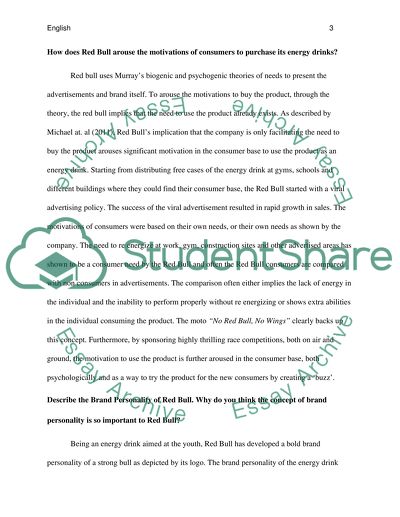Cite this document
(“Consumer Behaviour- Redbull Case Study questions”, n.d.)
Retrieved de https://studentshare.org/marketing/1471243-consumer-behaviour-redbull-case-study-questions
Retrieved de https://studentshare.org/marketing/1471243-consumer-behaviour-redbull-case-study-questions
(Consumer Behaviour- Redbull Case Study Questions)
https://studentshare.org/marketing/1471243-consumer-behaviour-redbull-case-study-questions.
https://studentshare.org/marketing/1471243-consumer-behaviour-redbull-case-study-questions.
“Consumer Behaviour- Redbull Case Study Questions”, n.d. https://studentshare.org/marketing/1471243-consumer-behaviour-redbull-case-study-questions.


